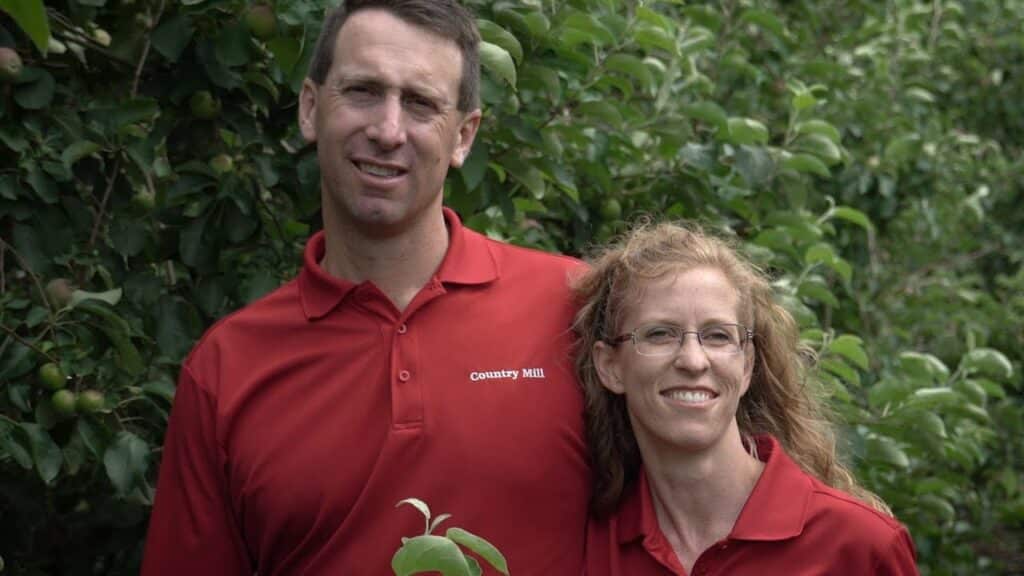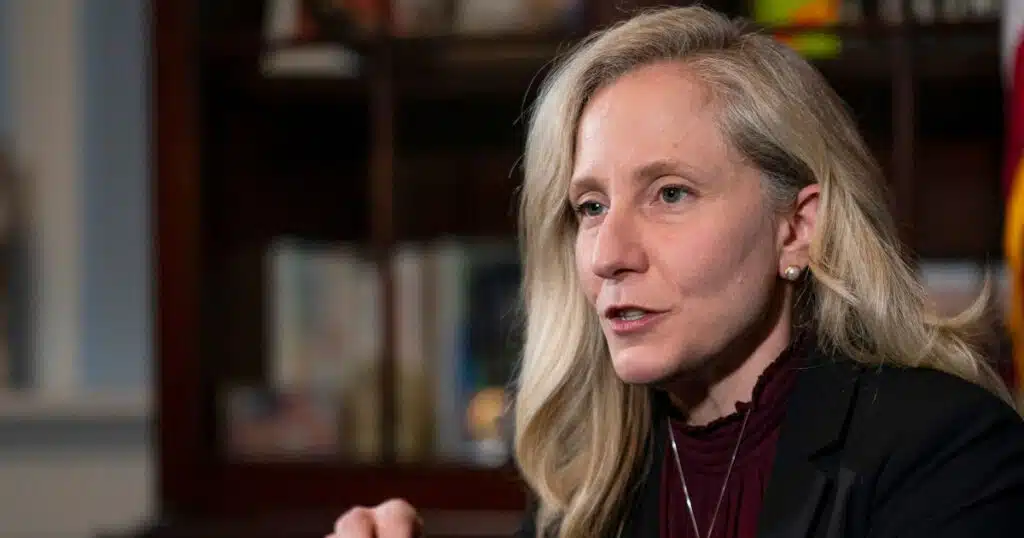
Federal Judge Rules City Can’t Ban Farmer for Views on Same-Sex Marriage
Six years after a Michigan city barred a farmer from selling apples and other fruit at an outdoor market because he doesn’t allow same-sex weddings on his property, a federal judge has ruled that the city violated his constitutional right to religious freedom.
The original 2017 decision by East Lansing to exclude farmers Steve and Bridget Tennes and their Country Mill Farms from the market “constituted a burden on plaintiffs’ religious beliefs,” District Judge Paul Maloney ruled last week, citing Supreme Court precedent.
Tennes and his wife, who are Catholic, “were forced to choose between following their religious beliefs and a government benefit for which they were otherwise qualified,” Maloney, of the District Court for the Western District of Michigan, wrote in his Aug. 21 opinion.
“He serves and welcomes everyone to his stand [at the farmers market]. No one is ever turned away,” lawyer John Bursch, a senior counsel at Alliance Defending Freedom, said of client Steve Tennes, The Associated Press reported.
“The District Court’s decision rightly protects Steve’s freedom to operate his business according to his convictions,” said Kate Anderson, another senior counsel at Alliance Defending Freedom who argued before the court in July 2021 on behalf of the Tenneses and their farm. “Country Mill has continued to participate in the farmers market without issue during this litigation.”
East Lansing first barred Country Mill Farms from its farmers market in 2017 after the Tenneses posted on Facebook in August 2016: “Due to our religious beliefs, we do not participate in the celebration of a same-sex union.” The post was in response to a question about the family farm’s services as a wedding venue.
Jay Richards, director of The Heritage Foundation’s Richard and Helen DeVos Center for Life, Religion, and Family, praised the Michigan court ruling in an email to The Daily Signal, Heritage’s multimedia news organization.
“The District Court made exactly the right judgment,” Richards, also the think tank’s William Simon senior research fellow in religious liberty and civil society, said. “East Lansing was using the cover of ‘nondiscrimination’ not to protect its citizens, but, to, well, to discriminate against religious believers with whom it disagrees.”
As The Daily Signal previously reported, the Tenneses filed a federal lawsuit in May 2017 against East Lansing over its decision to ban them from selling produce at the farmers market even though their farm is 22 miles outside the city in a different jurisdiction.
That September, The Daily Signal reported, Maloney ordered East Lansing to reinstate the couple at the farmer’s market while the lawsuit over their refusal to host same-sex weddings made its way through court. At the time, the couple hosted traditional weddings at their farm.
Heritage’s Richards echoed the sentiment of the Tenneses’ lawyer.
“Mr. Tennes serves everyone, but not to participate in activities that violate his religious and moral convictions,” Richards said. “Americans shouldn’t have to surrender their free exercise of religion when they enter the market. It’s nice to see that this U.S. District Court agrees.”
The Tenneses told The Daily Signal in a 2017 interview that East Lansing’s farmers market is the largest market where they sell.
“Since June 1, [2017,] we’ve already missed three and a half months of being able to attend East Lansing Farmer’s Market, where we’ve served everyone for the last seven years,” Steve Tennes told The Daily Signal that September.
The Tenneses said they never before had faced a discrimination complaint of any kind.
The city initially responded to the couple’s lawsuit by filing a motion to dismiss the case, which Maloney denied while allowing Country Mill Farms to continue to sell at the farmers market as the case continued.



